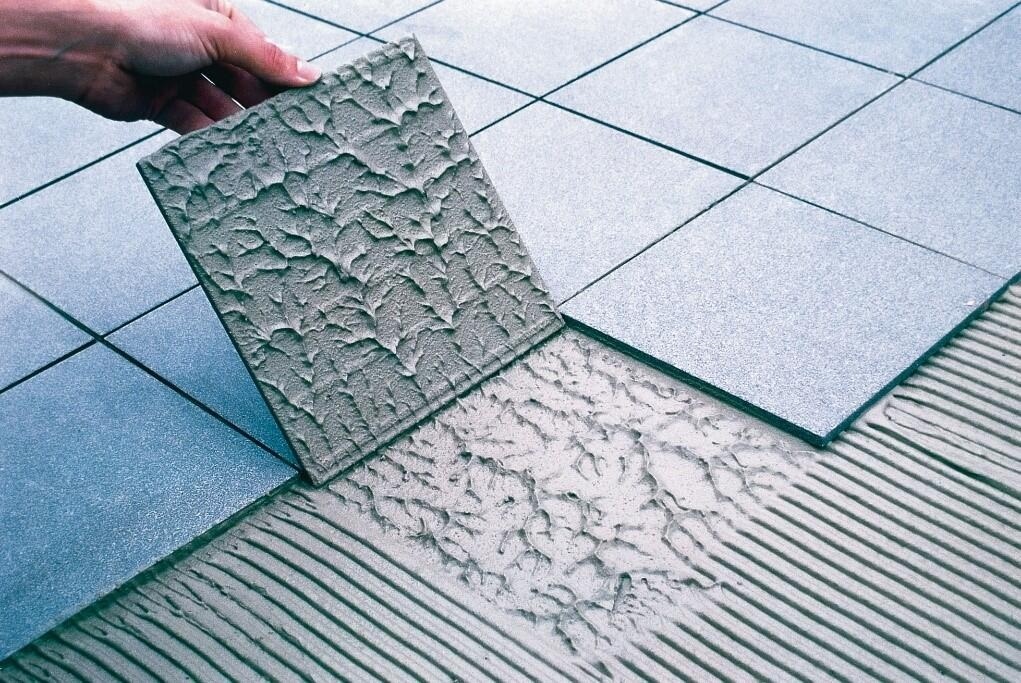- Time:2023/9/14Posted:SHANDONG KUNDU CHEMICAL CO.,LTD.
Dry mix mortar, an essential building material, has been used for centuries to bond bricks, stones, and other construction elements. While traditional mortar recipes were fairly basic, modern construction demands higher performance, durability, and flexibility. Enter Hydroxypropyl Starch Ether (HPS), an innovative ingredient that has transformed mortar formulations. In this comprehensive exploration, we delve into the multifaceted role of Hydroxypropyl Starch Ether in mortar, shedding light on how this versatile compound enhances the quality and performance of construction materials.
The Versatile Nature of Hydroxypropyl Starch Ether (HPS)
Hydroxypropyl Starch Ether (HPS) is a modified starch derivative, commonly derived from corn, potato, or other starch sources. It belongs to the family of cellulose ethers and is renowned for its water-solubility, stability, and compatibility with various construction materials. HPS has earned a prominent place in the construction industry for its exceptional properties and multifaceted applications.
1. Water Retention and Workability
One of the primary functions of HPS in mortar is water retention. Mortar, a mixture of cement, sand, and water, requires a delicate balance of moisture to achieve optimal workability. HPS serves as a water-retaining agent, preventing the rapid evaporation of water from the mortar mix. This extended workability window allows builders and masons more time to apply and shape the mortar, ensuring proper placement and adhesion.
2. Improved Adhesion and Bond Strength
The adhesive properties of HPS are a significant boon in mortar formulations. When added to the mix, it enhances the bond between the mortar and the substrate, be it bricks, stones, or other construction materials. This improved adhesion strength contributes to the overall stability and longevity of the constructed structure.
3. Reduced Sagging and Slumping
Mortar applied on vertical surfaces is prone to sagging and slumping, which can compromise the structural integrity of the construction. HPS plays a crucial role in reducing sagging and slumping by enhancing the cohesiveness of the mortar. This ensures that the mortar adheres firmly to vertical surfaces, minimizing the need for frequent adjustments during construction.
4. Enhanced Flexibility and Crack Resistance
Mortar undergoes various stresses during the lifetime of a structure, including temperature fluctuations and settling. HPS imparts flexibility to the mortar, allowing it to withstand these stresses without cracking or deteriorating. This improved crack resistance is especially valuable in regions with extreme weather conditions.

5. Impact on Setting Time
HPS can be tailored to influence the setting time of mortar. By adjusting the type and amount of HPS used, builders can control the setting time to suit the specific requirements of a project. This flexibility allows for efficient project planning and execution.
6. Compatibility with Additives
HPS's compatibility with other additives commonly used in mortar formulations, such as air-entraining agents, plasticizers, and set retarders, enhances its versatility. It seamlessly integrates with these additives, allowing for the customization of mortar properties to meet project-specific needs.
7. Resistance to Efflorescence
Efflorescence, the unsightly white deposits that can form on the surface of masonry, is a common concern in construction. HPS can help mitigate efflorescence by minimizing the migration of soluble salts to the surface of the mortar. This preserves the aesthetics of the structure.
8. Environmentally Friendly
As sustainability becomes a paramount consideration in construction, HPS stands out as an eco-friendly option. It is biodegradable, non-toxic, and sourced from renewable starch materials. Its use aligns with green building practices and environmental regulations.
9. Enhanced Rheology
Rheology, the study of the flow and deformation of materials, is a critical aspect of mortar performance. HPS enhances the rheological properties of mortar, ensuring that it flows smoothly during application while maintaining its shape and consistency.
10. Resistance to Freeze-Thaw Damage
In regions where freeze-thaw cycles are a concern, HPS can enhance the resistance of mortar to damage caused by freezing and thawing. It helps maintain the structural integrity of the mortar, even in harsh climatic conditions.
Conclusion
Hydroxypropyl Starch Ether (HPS) has become an indispensable component in modern mortar formulations.
Its multifaceted role encompasses water retention, improved adhesion, reduced sagging, enhanced flexibility, impact on setting time, compatibility with additives, resistance to efflorescence, eco-friendliness, enhanced rheology, and resistance to freeze-thaw damage. As construction requirements continue to evolve, HPS remains a key ingredient in the arsenal of builders and masons, ensuring the quality, durability, and performance of mortar in a wide range of construction projects.
Shandong Kundu Chemical Co., Ltd. is a professional construction chemicals factory aiming at manufacture, supply and export of chemical admixtures established in Shandong Province in 2008.
Our main products include Cellulose ether (HPMC, MHEC, HEC), Redispersible Polymer Powder (RDP), Polycarboxylate Superplasticizer (PCE (liquid & powder)), Cellulose fiber, Sulfonated Melamine Superplasticizer (SMF), Silicone Hydrophobic powder, Polypropylene fiber (PP fiber), Calcium formate, EVA emulsion, Defoamer, Starch ether, Silicone and Titanium Dioxide and etc., which are widely used in Dry mixed mortar (tile adhesives, wall putty, EIFS adhesive, grouts...), Concrete, Paints, Detergent, Pharmaceuticals and etc..
We are nonoredly ISO9001:2008 & ISO14001:2008 certified.
For more information, please contact us: https://www.kdochem.com/contact-us.html





